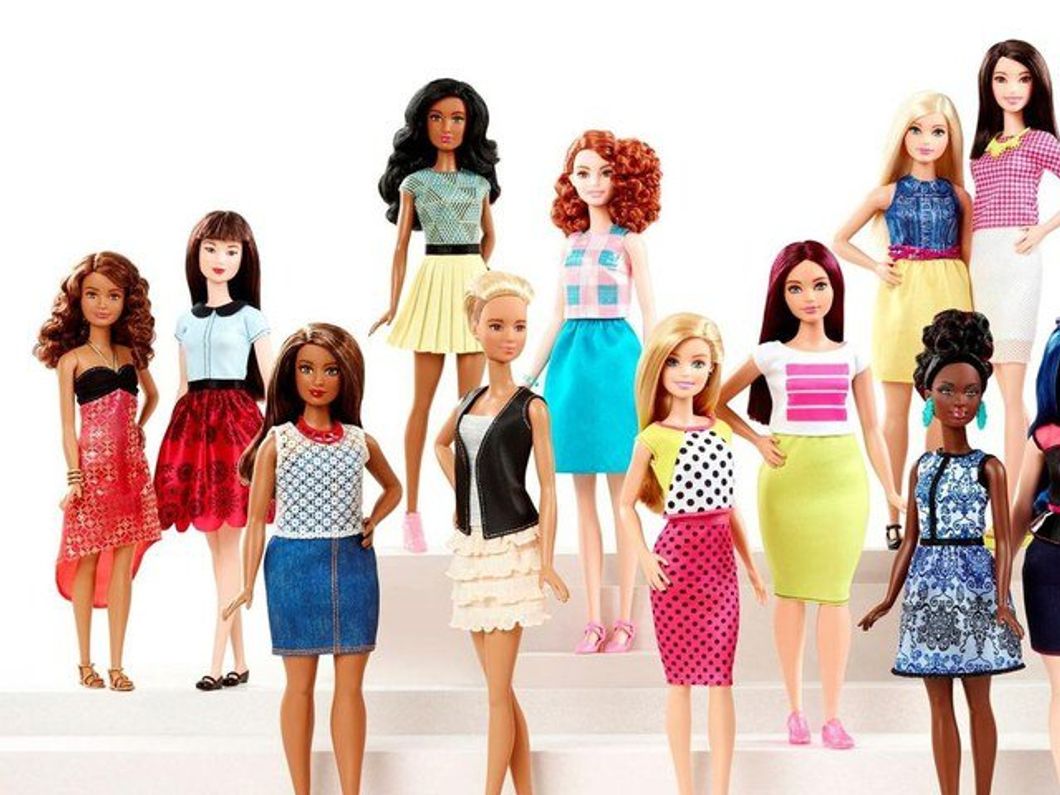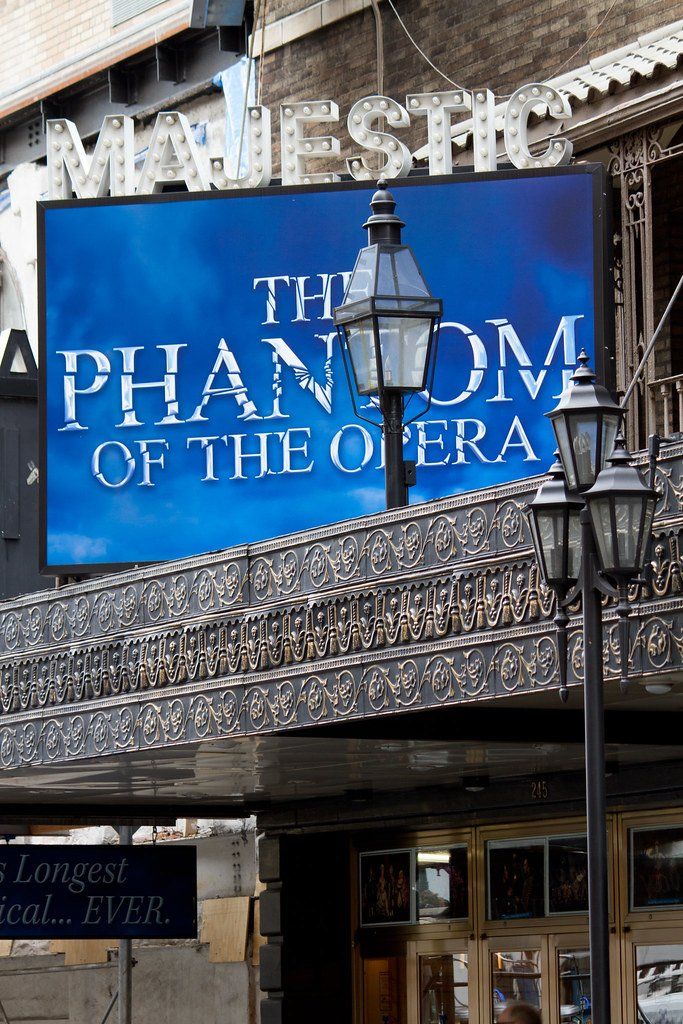In the crispness of a new decade, naggy writer Kirsten Fleming has waged the long-awaited generational war: the battle of your feminist adaptations.
In her article, Fleming attacks Barstool Sports podcast stars and sexual connoisseurs Alexandra Cooper and Sofia Franklyn.
Beyond her blazingly childish jabs at the girls lies her exhausting argument. Between her aged perception of popular culture and ranty article, which is nothing more than an emotional response to the lackluster work done by her colleagues, Fleming took to "The New York Post" to address statements made by Cooper and Franklyn on a recent episode of their podcast "Call Her Daddy."
In any line of work involving creativity, your work is up for interpretation and criticism. Regarding the episode, Fleming is distraught over, "Nudes & The New York Post." Cooper and Franklyn open the episode with an anecdote about why they turn down interview offers.
Listening to this episode (prior to Fleming's article), I found Cooper and Franklyn hysterically satirical. It demonstrated that it is vital to not only take any interpretation of writing with a grain of salt, but to also be aware that storytelling in any sense, including anecdotes in a sex podcast, are something specific to the speaker's experiences.
In short, the girls felt they were not heard and did not like how they looked in their photos—this is far from abnormal.
Despite Fleming's attempt to overdramatize her narrative, no careers were ruined. In fact, I was not shocked by any of the statements made by the girls.
We've all read the "feminist" pieces of ladies magazines—"Glamour," "Cosmo," "Seventeen"—ran by boomers and boomer-esque authors. I remember being eleven and reading an article from "Seventeen Magazine" about what hair products to buy so that way a boy can touch my hair and still like me.
Seriously.
These magazines were monumental for the time, but it is important to recognize pieces that are by women, meant for women.
We are a generation that wants "BY women, FOR women."
Women like Cooper, Franklyn, and myself, grew up reading these adaptations of baby boomer feminism: sexual empowerment, but not slutty.
The "5 Ways To Spice Up Your Sex Life" headlines seemed to always be followed up by guidelines for your boyfriend or male partner of the sorts. Almost, boomers, but not quite.
Cooper and Franklyn have taken this twisted feminist adaptation and have used it to vocalize the millennial-Generation Z adaptation of feminism: sexual liberty and doing things for you, not "your man."
The way Fleming has digested the legacy of Cooper and Franklyn is a ridiculously perfect personification of the juxtaposition between Baby Boomer and millennial-Gen Z feminism.
In "Aging Matters: An Introduction to Social Gerontology" authors Hooyman, Kawamoto, and Kiyak discuss the intersectionality of boomers increasing the average life expectancy and how their immortality is impacting the political climate of our contemporary society.
They state,
"Population aging—fueled by baby boomers—is one of the most dramatic demographic changes in the United States […] In 1900, the average life expectancy at birth in the United States was 47 years. Today it is 30 years longer—slightly more than 78 years. It will be in the mid-eighties by 2050."
In other words, the generation that likes to think that talking about sex is feminism, is still very much so around, politically and socially. But beyond the database of prolonged living, these ideals themselves created by this generation live on, perpetuated by the minds of those unwilling to adapt with the times. These clashing feminist ideals due to institutionalized moral codes that are generationally dated are an issue in themselves, but what makes this article so unsettling is the way it was gone about.
I struggle to find the word for Fleming's "arguments" because they are not arguments at all. They are blatant derogatory insults and sexually-suggestive pieces of gossip—from a grown woman.
From utilizing insulting metaphors comparing a black, female public figure to the Queen of England, to opening the piece with a connotation to daddy issues, it is difficult for me to respect Fleming's ideas, let alone respect her as a "grown" woman.
Her tasteless shit talk is nothing more than a personification of an insecure private school mom feeding her hindered ego by bullying the peers of her daughter with a high-profile name slapped on top.
I encourage older women, whether physically or with narrow mindedness such as Fleming, to take a look at the legacy they are leaving behind.
In the realm of content creation and storytelling, we stand by our work with pride and excitement, but most importantly, with humbleness and professionalism.
For a woman that attempted feminist content creation with her politically charged article "Mansplaining Conference Hopes to 'Make Women Great Again'", I'm shocked that she resort to crude, slut-shaming nonsense. To build tension in an article begging for parental supervision over these women to only snap back with insults regarding prudence leads me to believe that Fleming needed to take at minimum a few breathers before taking to her platform.
This issue goes beyond supporting women of my neighboring generation. This is about differentiating criticism from bullying-- and from a generation that has had plenty of time to learn how to treat people. Fleming, remember what is important, women uplifting women. If the comments made by the girls upset you to the point where it evoked this reaction, show them the error in their ways rather than dragging your name and credibility through the mud of pettiness and spite.













